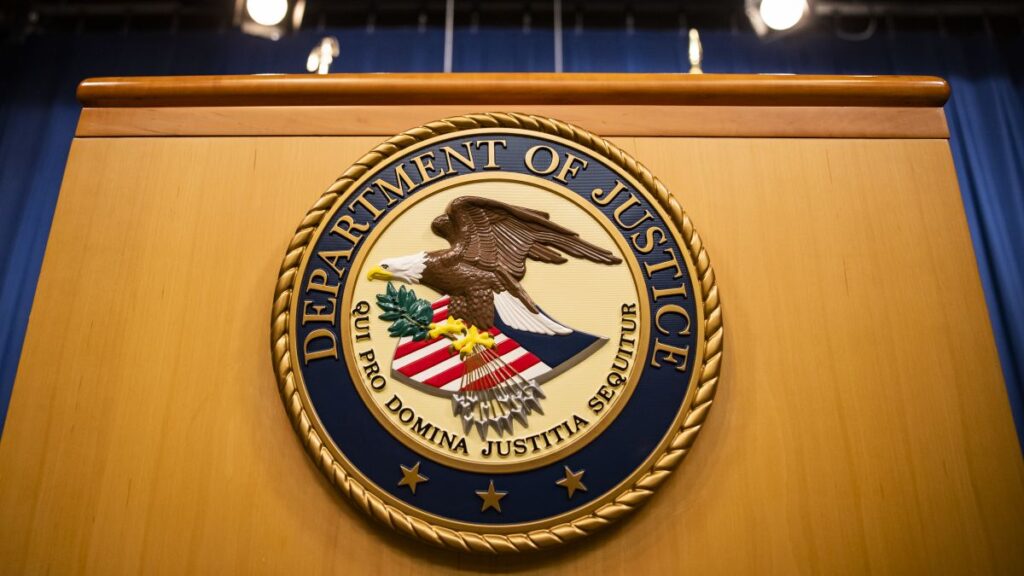DOJ’s move against Wasabi Wallet sparks debate on financial privacy rights.

The Department of Justice’s (DOJ) recent actions have sparked an intense discussion regarding the future of financial privacy.
Privacy advocates and cryptocurrency users are deeply troubled by the assault on Wasabi Wallet’s service, highlighting the conflict between regulatory actions and the right to private digital transactions.
Notable for its emphasis on privacy, Wasabi Wallet recently declared the cessation of operations for its Coinjoin coordination service. This service bolstered user anonymity by blending transaction details to obfuscate the path back to the fund’s origin.
The DOJ’s increased scrutiny of privacy tools under the pretext of preventing illicit financial activities led to the formation of this decision. In addition to causing disruptions to service operations, this action has initiated a more extensive discourse regarding privacy rights in the digital domain.
X alarmed Naomi Brockwell, an outspoken proponent of cryptocurrencies, who emphasized the importance of financial privacy to a free society.
These regulatory measures are perceived as “detrimental” to personal liberties and “overly intrusive” by digital users and privacy advocates, who express similar sentiments.
The reaction from the cryptocurrency community was immediate and incisive, as prominent individuals such as Edward Snowden commented on the ramifications for the future of Bitcoin. Longtime proponent of privacy rights Edward Snowden criticized the sluggish advancement of privacy-enhancing features within the Bitcoin network.
The user’s remarks demonstrate discontentment with the persistent susceptibility of cryptocurrencies to possible governmental surveillance and intervention.
Edward Snowden further emphasized the critical nature of software developers to generate and deploy robust privacy solutions capable of withstanding governmental coercion.
The individual noted that while the technological capacity is present, its execution has been delayed, resulting in vulnerable users and an unfulfilled potential for decentralized financial systems. Snowden stated in an X post:
I’ve been warning Bitcoin developers for ten years that privacy needs to be provided for at the protocol level. This is the final warning. The clock is ticking.
In the interim, the DOJ’s actions have far-reaching consequences that transcend Wasabi Wallet. The United States Department of Justice appears to be increasing its regulatory interventions in the cryptocurrency space thus far.
In light of the enforcement actions taken against Tornado Cash and Binance, the Department of Justice (DOJ) has recently lodged a lawsuit against KuCoin, a prominent cryptocurrency exchange, on the grounds of numerous regulatory infractions, which encompass violations of anti-money laundering legislation within the United States.
